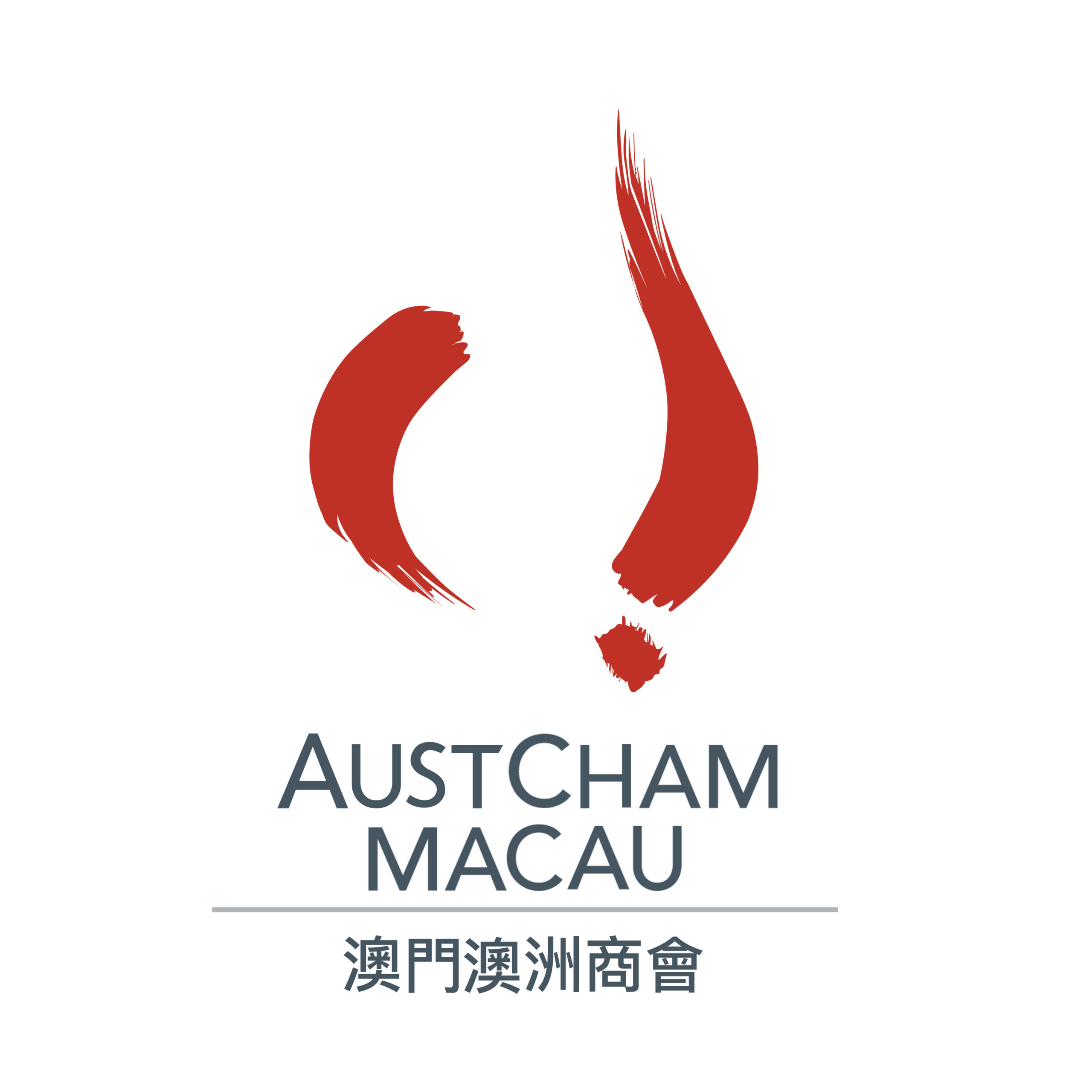It’s late March now in Macau. The weather is cool and I am sitting on the balcony listening to an old Glen Campbell number, “Galveston,“ while enjoying my Victoria Bitter with the breeze running through my hair. The lyrics to Galveston tell of a man thinking about his home while serving his country in Vietnam.
This song conjured up fond memories I have of St George’s Terrace in the City of Perth, watching the old diggers marching through the city during Anzac day. I recall a frail old Jack Sue (or Wong Sue to use his Chinese name) marching proudly amongst his old Aussie mates.
A proper Western Australian, Mr Jack Sue was a sergeant in the old Z force, the predecessor to the Australian Special Air Service Regiment. Jack spent months behind enemy lines in Borneo leading a series of successful attacks on enemy garrisons and training almost 6,000 guerilla combatants. They were mostly local Malay and Chinese.

Many suffered tropical diseases in poor conditions. Subsequently, Allied forces invaded Borneo. There are countless untold stories of terrifying atrocities committed by Japan upon the Aussie POWs.
In our libraries we read what historians wrote about 46 Chinese Australian soldiers who died in Northern France and some in Gallipoli too during the senseless first World War.
Many Chinese diggers were buried with unmarked graves in the cemeteries of Northern France. I often ask when will these amazing servicemen get the recognition they deserve – building bridges with the mainstream of Australia today.
Mr Jack Wong Sue was later awarded Australia’s second-highest award, the Distinguished Conduct Medal for his bravery.
The Chinese Australians who fought in WWI and WWII were an almost invisible part of our Anzac history.
In fact, thousands of Chinese were recruited by the British government to work as skilled mechanics and many were simply labourers. They dug trenches, carved tombstones and repaired machines. Many never made it home. Their ghosts may still be heard on lonely European shores. Some died during the early 1900s when the Spanish flu pandemic was rampant, penning letters to their loved ones with a mix of ink and tears, before drawing their last breath as they fought on foreign soil – so far away. It gives me a tingle of sadness that the sacrifices of these Chinese Australian diggers are seldom mentioned in our mainstream news.
On Australia’s ABC news I watched a news item that more than eight in ten Asian Australians reported discrimination during the COVID-19 pandemic, with a survey of 3,000 people showing more than 84% of Asian Australians were more anxious about the pandemic than their mainstream Australian counterparts. It is likely this astounding number reveals just a portion of the racism that Asian Australians have suffered throughout this dreadful pandemic.
According to registry records many hundreds of Chinese Anzac diggers bravely fought in the first World War. Most of these brave men were sons of the Chinese gold rush migrants of the late 1800s. This was the time of the “White Australian policy” and many more Chinese Australians were told they were not “white enough” to be enlisted to go to war.
May the spirit of these Anzac diggers guide and watch over us, as we all learn to live as one.
The Chinese Labour Corps, a force of some 140,000 Chinese, many of them born in Australia, have worked alongside Britons, French and Russians in times of war. They dug trenches, they unloaded tons of equipment and they fought too. They pledged allegiance to these countries, including Australia. We should all be proud of them because they are collectively a historic and important part of our Australian history.
I can’t go back to the War Memorial at Kings Park in Perth this year due to the pandemic, but instead I look forward to paying my respects here in Macau at the Old Taipa Houses Amphitheatre, at dawn on Anzac Day, to mark this solemn day of remembrance and gratitude.
